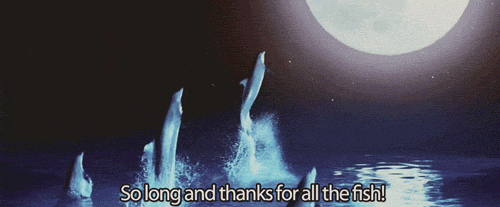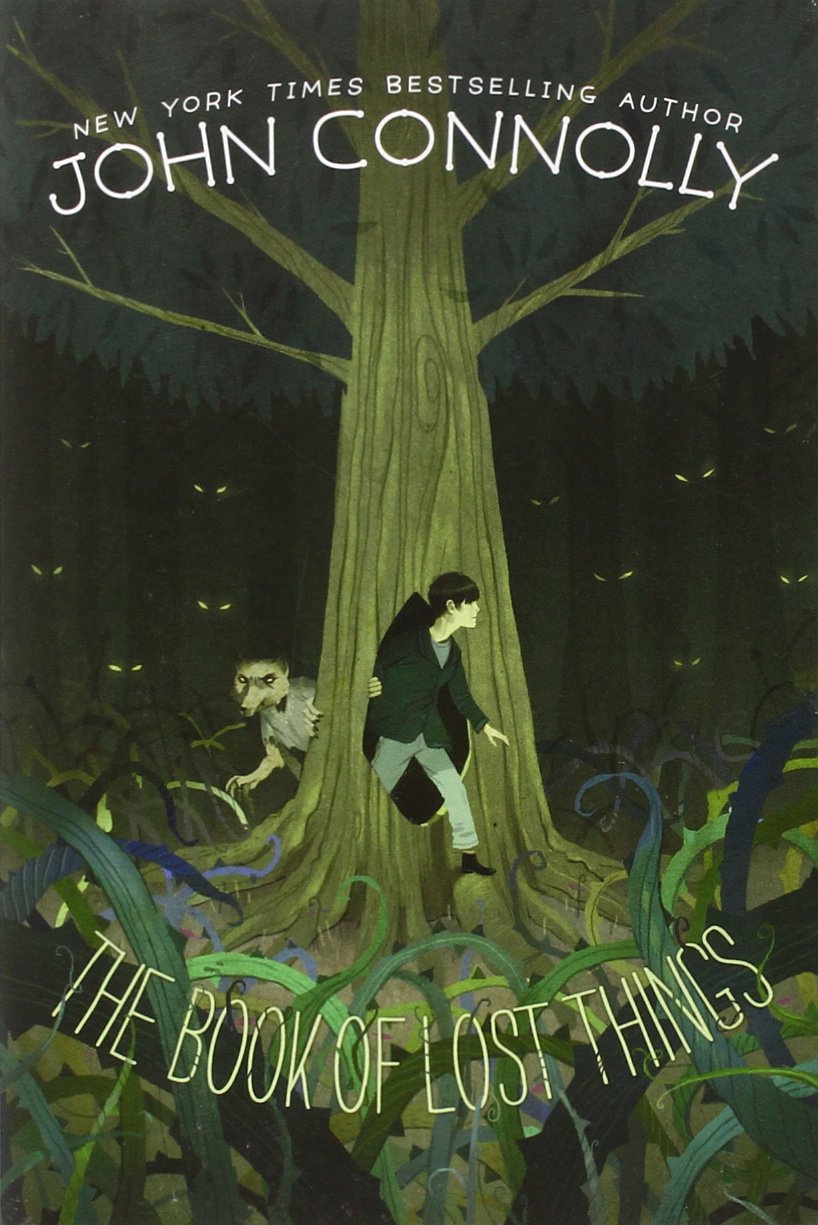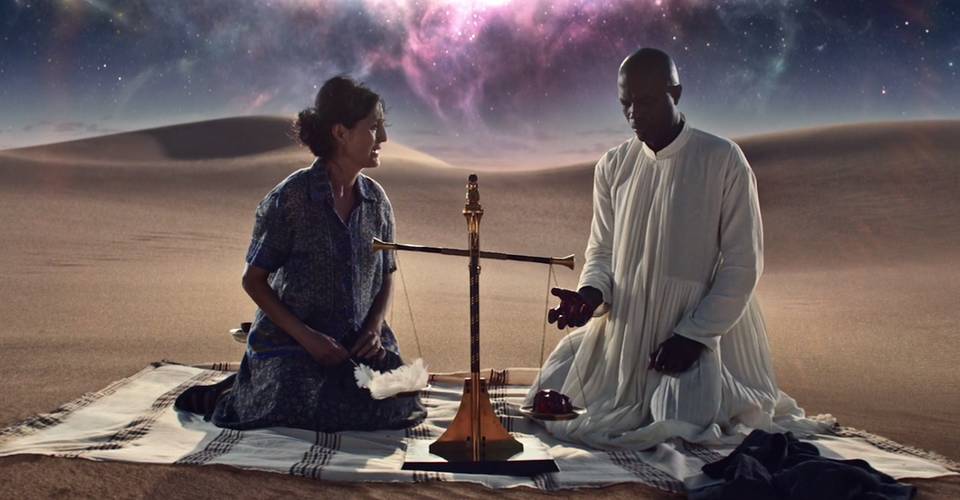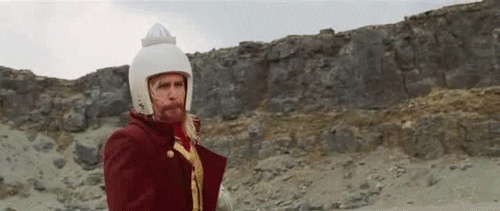I am almost finished with The Power of Myth by Campbell and Moyers.
Before I get
to that, remember that last time, I talked about
learning from our imperfections, and I examined the
cycle of death and life and death again. I looked at the
beauty and ugliness in the world, and in myself, and
I pondered the meaning of life.
I feel like some may think that my cancer has made me morbid and self-involved with this little blog of mine.
Some may think that I am being obsessive to spend so much time thinking about death. That I'm giving up hope and letting the cancer take over. That I don't believe in the possibility of a miracle for my incurable cancer.
The thing is, for so many people, the D-word is a word used only in whispered conversations, laced with euphemisms. Passed away. Lost the battle. In a better place.
I am
not obsessed with death.
For the first time, I am forcing myself to contemplate the ultimate and universal reality.
To pretend that any of us will escape death is to indulge in a childish fantasy. I am not giving up, and I am not going down without a fight.
So think of how you prepare for a battle. You would never go into battle without checking your kevlar vest and making sure you have extra ammo, right? You would be sure that the tools you need for battle are all functioning, right? You would study the maps and memorize the evacuation routes, right?
What I am learning is that no matter how much I prepare by reading books by Buddhist nuns, battle-hardened admirals, historians, philosophers, and other academics, ultimately, death is not the enemy.
Yes, life is too short, but that doesn't mean that death is to be hated, feared, demonized. It is simply part of the journey that we all travel. For some of us, the journey may be uneventful and even banal, and for some, the journey might be a terrible adventure that constantly tests our will, our strength, our souls.
In Robert Frost's poem "The Road Not Taken," a poem I have taught many times in many classrooms, I have had to disabuse my students of the idea that this poem is about a
meaningful choice. It is too easy to read the final few lines and understand it to mean that the choice is significant in any way.
"Two roads diverged in a wood, and I—
I took the one less traveled by,
And that has made all the difference" (Frost).
In patiently reading the rest of the poem, it becomes more clear that the
illusion of choice is more powerful than we might think.
"Two roads diverged in a yellow wood,
And sorry I could not travel both
And be one traveler, long I stood
And looked down one as far as I could
To where it bent in the undergrowth;
Then took the other, as just as fair,
And having perhaps the better claim,
Because it was grassy and wanted wear;
Though as for that the passing there
Had worn them really about the same,
And both that morning lay
In leaves no step had trodden black.
Oh, I kept the first for another day!
Yet knowing how way leads on to way,
I doubted if I should ever come back.
I shall be telling this with a sigh
Somewhere ages and ages hence:
Two roads diverged in a wood, and I—
I took the one less traveled by,
And that has made all the difference" (Frost).
I choose to contemplate death, not because I'm dying of cancer (I'm not, not that I know of!), but because all of us are dying of something. To be intentional in this contemplation means that I have to make a choice to think about the D-word, but the reality, just like in Frost's poem, is that whether I choose to think about it or not actually
doesn't matter.
Think about death. Contemplate it. Meditate on it. Fear it. Taunt it. None of these will change the reality that death happens. Just like life happens. Death doesn't make the world a bad place. Death is not evil; in the long run, it is far more neutral than any of us would probably prefer. Bad things happen to good people; good things happen to bad people. It all balances out in the end.
So let's get back to The Power of Myth. Campbell says,
"[T]here is a Muslim saying about the Angel of Death: 'When the Angel of
Death approaches, he is terrible. When he reaches you, it is bliss'"
(Campbell and Moyers 279).
If the approach of the Angel of Death is meant to be so terrible, how is it possible that the end result of this Angel's arrival should result in perfect happiness? The juxtaposition of these ideas may seem confusing, but I think that they complement each other perfectly. Rather than fearing the pain of death, why don't we consider it as simply another phase of an inherently painful life?
Campbell says:
"At the very end of the Divine Comedy, Dante realizes that the love of God informs the whole universe down to the lowest pits of hell. That's very much the same image [of the bodhisattva]. The bodhisattva represents the principle of compassion, which is the healing principle that makes life possible. Life is pain, but compassion is what gives it the possibility of continuing. The bodhisattva is one who has achieved the realization of immortality yet voluntarily participates in the sorrows of the world" (Campbell and Moyers 139).
I've mentioned before that
I am a lifelong cynic who expects nothing but the worst in any particular situation, and that
it is easy to continue being a cynic. I am cynical, pessimistic, apprehensive, and any other synonym you could think of to describe this attitude. I had never heard of the bodhisattva, but this idea that an entity could escape death, and choose to embrace life, even with the pain and hurt involved in living, left me deep in thought.
It is a
significant and
meaningful choice to embrace a life of pain. It
means something.
It is not the road less traveled, because we all travel this road, whether through intentional choice or random chance. We travel this road, we experience the pain that is inevitable in all of life, and hopefully, we embrace
each other, sharing compassion and easing the pain.
There is no need to isolate ourselves in our fear.
















